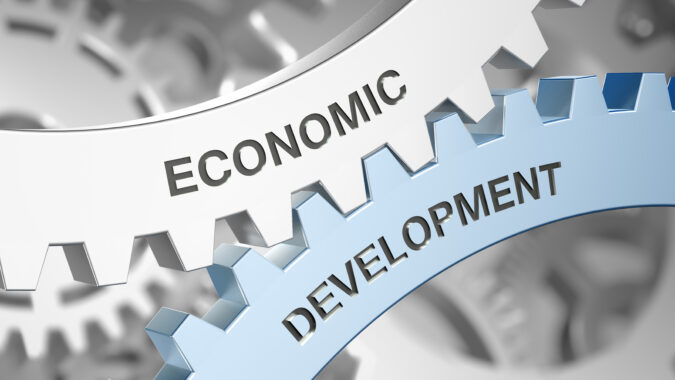NJBIA and the State Chamber of New Jersey jointly hosted a virtual Taxation and Economic Development Policy Committee meeting recently to discuss economic and budgetary policy updates in New Jersey.
The event featured Assemblywoman Luanne Peterpaul (D-11) and Assemblyman Alex Sauickie (R-12), as well as New Jersey Division of Taxation Acting Director Marita Sciarrotta and Deputy Director Michael Bryan.
Sciarrotta updated participants on important changes relating to the sales of zero-emission vehicles (ZEVs), which became subject to sales tax in October after previously being exempted to incentivize the purchase of ZEVs.
Sciarrotta also discussed STAR, a tax modernization project which will be phased in over the next several years and provides a web-based means to interact with Division of Taxation.
Following Sciarrotta, Bryan discussed the struggle to recruit staff for the Division’s audit branch, due in part to a combination of competition with private employers, and a nationwide drop in enrollment into CPA programs. However, he noted the branch has seen some success by covering certification costs.
Bryan shared additional plans to address staffing shortages, including building case selection technology based on a predictability model to adjust to staffing shortages, and a task force to limit the number of cases going to tax court.
Assemblywoman Peterpaul brought attention to a series of bills including bill A-3521, which establishes occupational heat stress standards and an "Occupational Heat-Related Illness and Injury Prevention Program" at state Department of Labor & Workforce Development.
NJBIA opposes the bill in its current form, and the primary sponsor has been working on amendments to make the bill more friendly to businesses.
A-2804 requires the Department of Human Services and the State Board of Medical Examiners to develop and implement processes to improve efficiency of reviewing provider applications for New Jersey FamilyCare, a federally and state-funded program for people without employer-provided health insurance. The bill would streamline the process to make it easier for eligible providers to be approved to receive reimbursement through NJ FamilyCare.
Both Sauickie and Peterpaul are on the Assembly Commerce, Economic Development & Agriculture Committee. Sauickie shared his perspective on the partnership between New Jersey businesses and the Legislature and noted his commitment to focusing on labor, the economy, and innovation in the state.
To conclude the meeting, NJBIA’s Chief Government Affairs Officer Chris Emigholz and New Jersey State Chamber Senior Vice President of Government Relations Mike Egenton provided updates on key administrative actions and legislation, specifically the movement on the Angel Investor Tax Credit Program and New Jersey Works Act.




